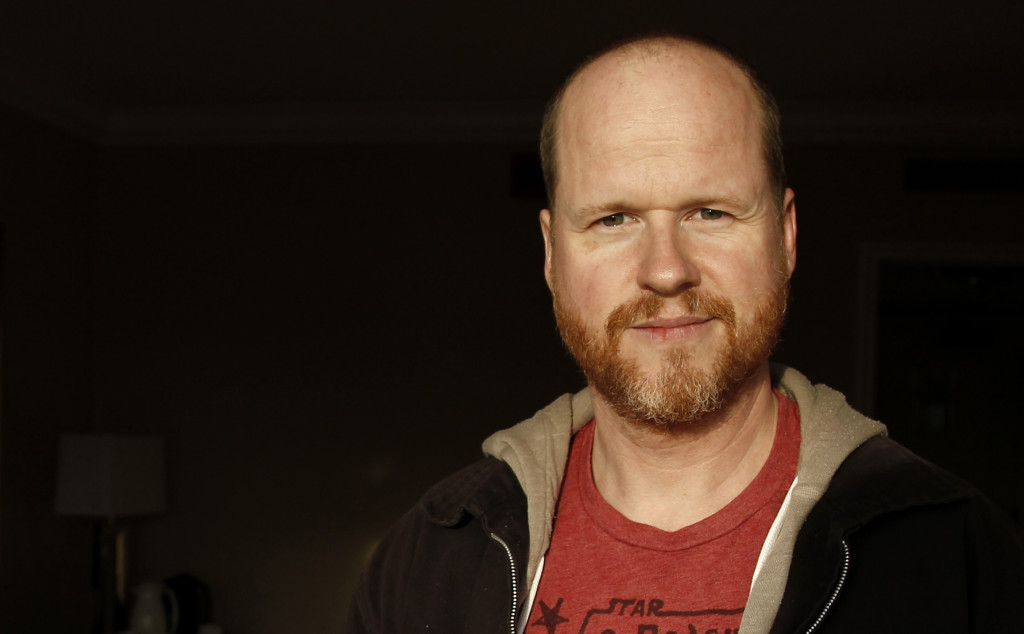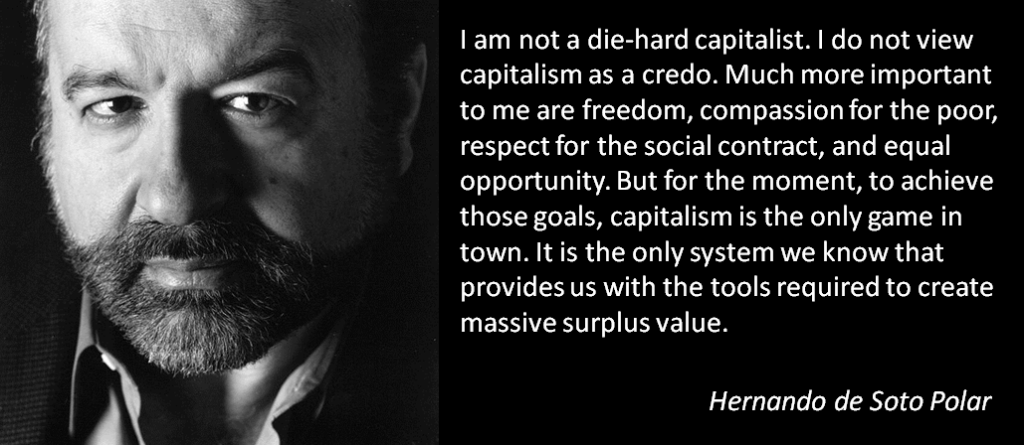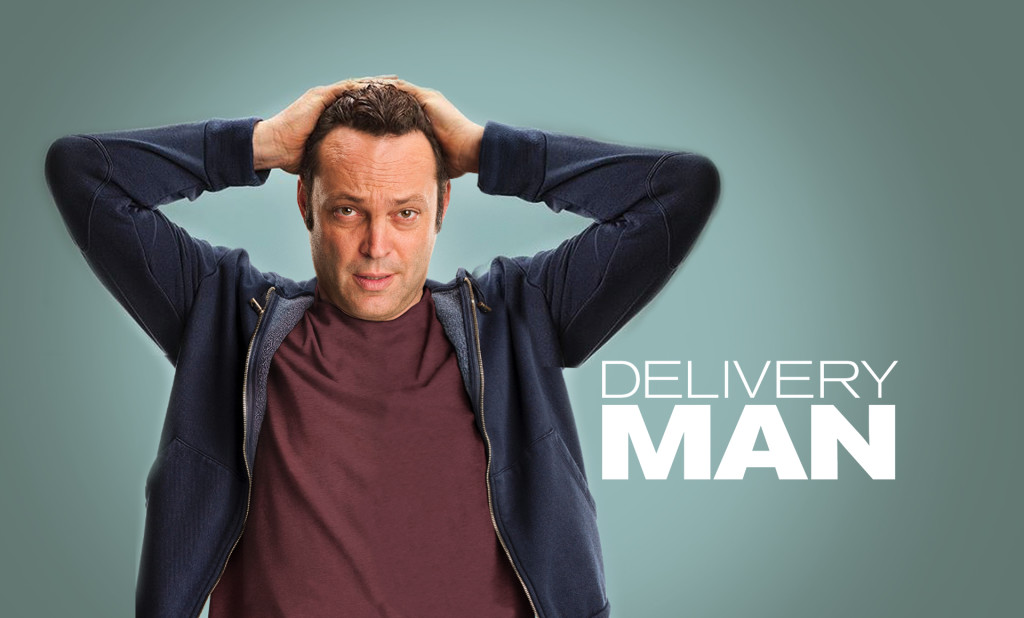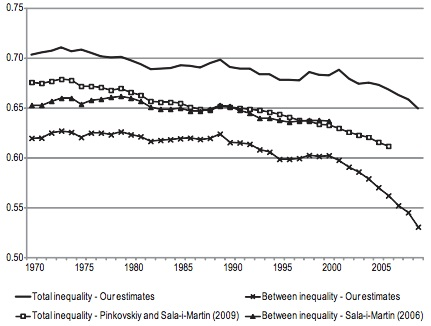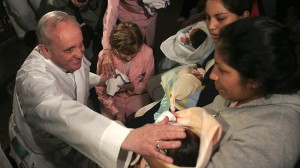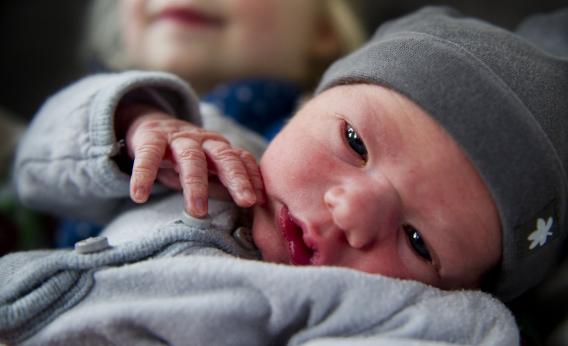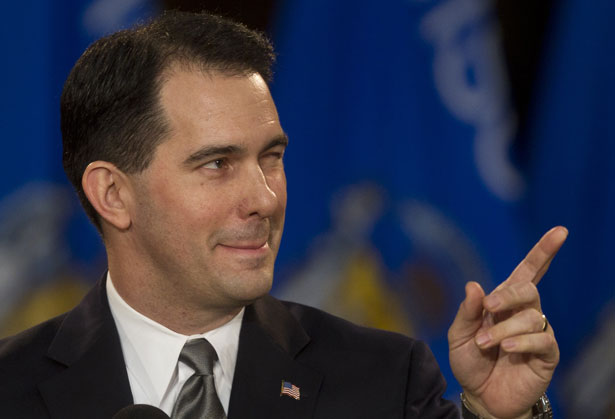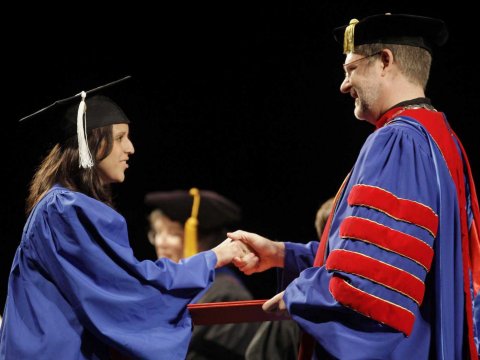Priest and blogger Father John Zuhlsdorf argues on his blog that part of Pope Francis’ apostolic exhortation may have been mistranslated. The Spanish reads,
54. En este contexto, algunos todavía defienden las teorías del «derrame», que suponen que todo crecimiento económico, favorecido por la libertad de mercado, logra provocar por sí mismo mayor equidad e inclusión social en el mundo.
The official English is translated as
In this context, some people continue to defend trickle-down theories which assume that economic growth, encouraged by a free market, will inevitably succeed in bringing about greater justice and inclusiveness in the world.
However, por si’ mismo (translated as “inevitably” above) actually means “by itself.” In other words, the Pope is saying the assumption that “economic growth, encouraged by free markets, will by itself succeed in bringing about greater justice and inclusiveness in the world” is false. As Father Zuhlsdorf puts it,
But the real point here is that in EG 54 the author says that “trickle down” economics cannot by itself produce the desired result. That is, of course, correct. No economic plan will solve the problems of the poor by itself. Economic plans must be carried out by people who have good, solid morals and values.
Easy for things to get lost in translation.
